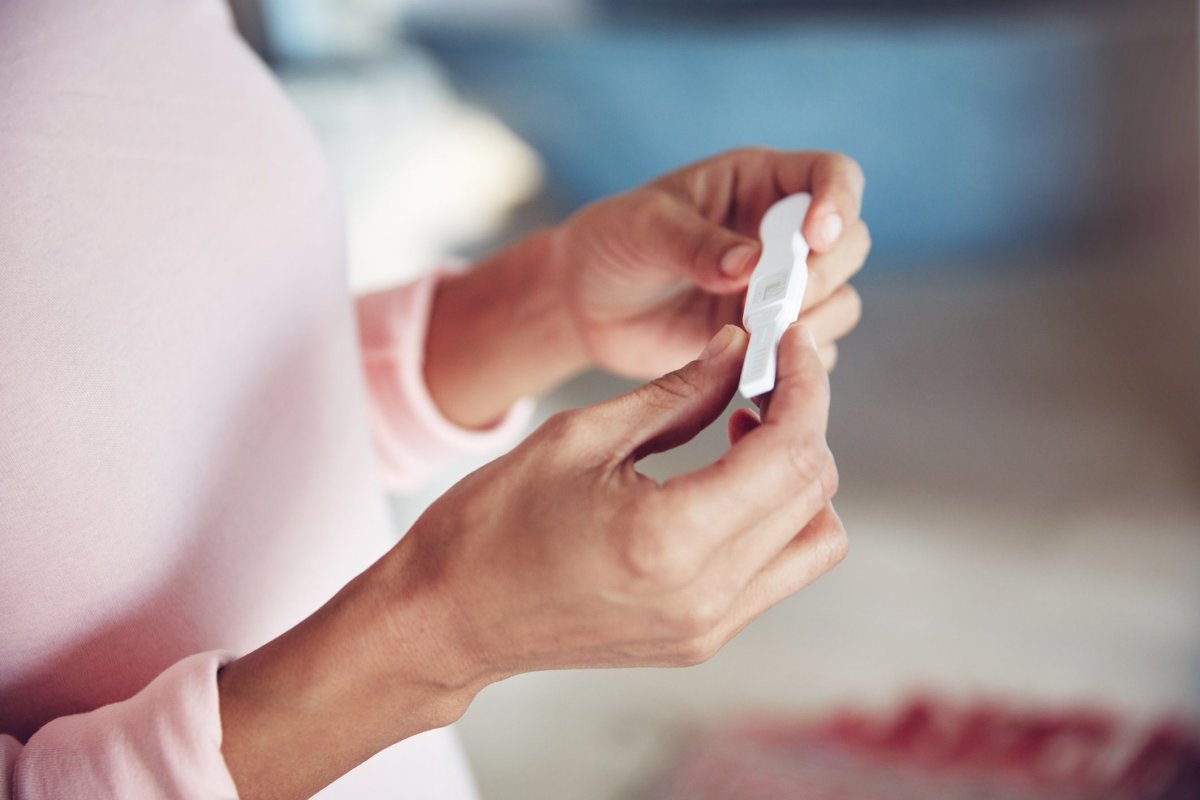(*11*)If there are recurrent implantation failures and miscarriages in your IVF journey, what would you say to realize information by studying the factors that negatively affect this course of?
(*11*)Recurrent implantation failure is related solely to sufferers present process assisted reproductive expertise remedy. Three or extra IVFs; outlined as embryo switch failure. Recurrent being pregnant loss is outlined as three or extra being pregnant losses. There are a number of factors associated to why IVF could not give you the results you want;
(*11*)
1. MOTHER’S AGE
(*11*)Maternal age is a vital issue accountable for the standard of embryos. As well as, the chance of aneuploidy (irregular variety of chromosomes) will increase with advancing age, which isn’t a most well-liked situation in IVF therapies.
2. INCREASED BODY MASS INDEX
(*11*)A most physique mass index (BMI) of 25 is without doubt one of the factors affecting fertility. IVF sufferers require greater doses of gonadotropins, however normally fewer eggs are retrieved in comparison with a traditional BMI affected person. It additionally impacts the standard of the eggs and finally the standard of the embryo.
3. DNA fragmentation
(*11*)Excessive DNA fragmentation of sperm is related to poor high quality embryos that can’t be implanted or aborted in early being pregnant.
4. SMOKING
(*11*)Smoking will increase the chance of miscarriage. It has additionally been present in a number of research that smoking reduces the extent of estrogen within the physique and may affect the corpus luteum, which secretes progesterone, resulting in IVF failure.
5. ENDOMETRIPSIS
(*11*)Endometriosis is a situation during which the endometrium grows outdoors of the uterine cavity and secretes sure immunological factors that inhibit implantation and trigger repeated implantation failure.
6. Myomas
(*11*)Fibroids may cause each recurrent implantation failure and recurrent being pregnant loss. Fibroids are non-cancerous growths from the muscle of the uterus. They are often discovered within the cavity (submucosal), within the muscle (intramural), or on the skin of the uterus (subserosal). Submucosal fibroids must be eliminated no matter their dimension, as they will hinder the implantation and development of the infant.
(*11*)Relying on dimension, quantity, and different factors, intramural fibroids could or could not require elimination. Subserosal fibroids didn’t have any impact on implantation or being pregnant.
7. POLYPS
(*11*)Polyps are additionally non-cancerous growths that come up from the liner of the uterus and may intrude with implantation, comparable to a submucosal fibroid. It should be eliminated earlier than conception, earlier than repeated cycles of implantation failure in recurrent miscarriages.
8. ADENOMIOSIS
(*11*)It’s a situation during which menstrual bleeding happens throughout the uterine muscle. Adenomyosis is strongly related to each recurrent implantation failure and recurrent being pregnant loss. It’s related to altering the uterine setting to make it hostile to the embryo. Additionally, there may be elevated uterine contractions in adenomyosis, which will increase the chance of miscarriage. It’s even related to adversarial being pregnant outcomes within the 2nd and third trimesters.
9. CONGENITAL UTERINE ANOMALIES
(*11*)There are unicornuate, bicornuate, septate uterus, and so on. related to each recurrent implantation failure and recurrent being pregnant loss. There are numerous uterine abnormalities comparable to These abnormalities should be handled earlier than being pregnant.
10. THYROID DISORDERS
(*11*)Hypothyroidism is related to infertility and recurrent being pregnant loss. Even a small correction in thyroid ranges is related to higher being pregnant outcomes.
(*11*)Low thyroid hormone ranges can stop the discharge of an egg out of your ovary (ovulation), which impairs fertility.
11. ANTI-PHOSPHOLIPID SYNDROME
(*11*)APS is a situation during which small thrombi type contained in the veins and capillaries. This results in recurrent miscarriages and could also be related to recurrent implantation failure. Blood exams could also be accomplished to see if a affected person has APS. Precautions may be taken to forestall these problems.
(*11*)Aside from these factors, an infection, skinny endometrium, persistent ailments, immunological factors, molecular factors and so on. There are different factors that could also be accountable for these conditions.
#factors #negatively #affect #IVF #success



